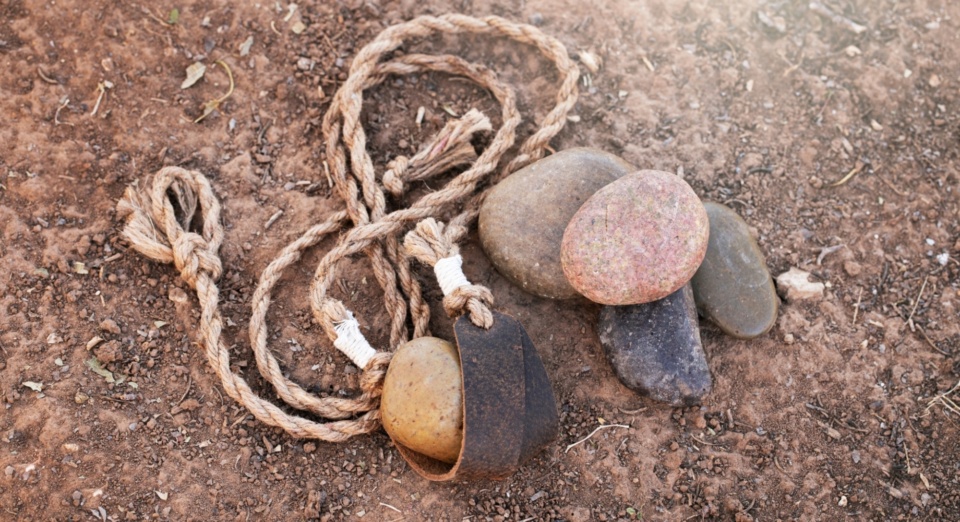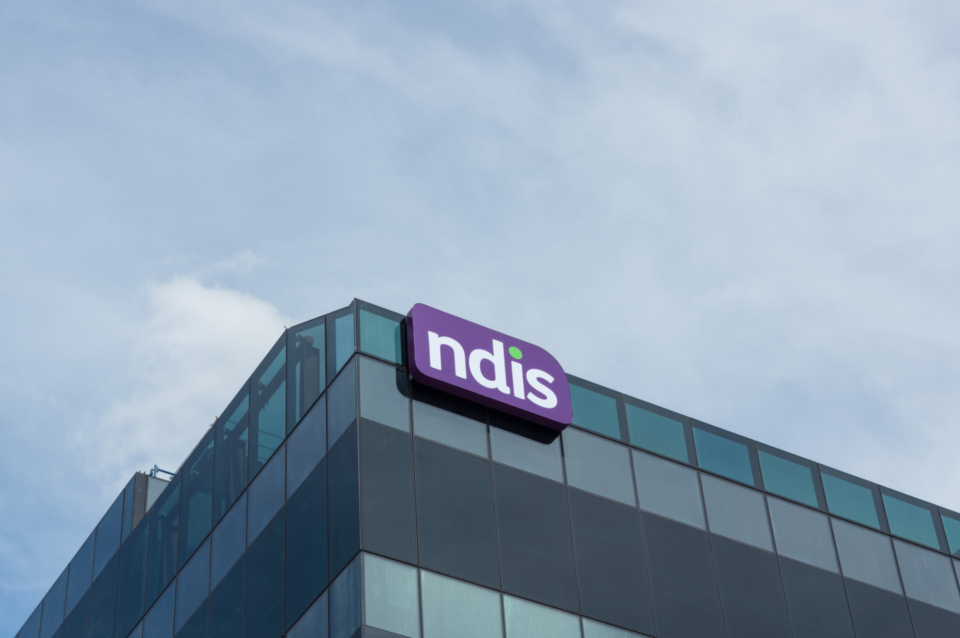
An election surprise, a Press Club debate, and investment inertia: 2025 in review
Posted on 10 Dec 2025
What a year 2025 has been, particularly at a national level where the Parliament and politics as we…
Posted on 25 Feb 2025
By Caroline McDaid

Digital devices donated by generous Australians are changing the future of Australia’s disadvantaged students, says the CEO of WorkVentures, Caroline McDaid.
With developments in technology completely transforming the education sector, equal access to digital learning devices both inside and outside the classroom is now not a luxury, but a necessity for Australian students.
Digital devices provide students a gateway to research materials, peer support, self-guided learning, homework and more, helping children develop crucial digital skills that shape their future.
Research consistently shows that digital inclusion is increasingly important for educational outcomes, with students who develop strong homework habits more likely to complete Year 12 and transition successfully into the workforce than those who don't.
However, despite the crucial role digital learning plays in students' success, bring your own device (BYOD) policies in schools continue to deny disadvantaged students the opportunity to flourish.
Data indicates nearly 1.2 million young Australians lack access to a laptop or desktop computer in their home, including 400,000 Aussies who are high school age or above. This equates to one in five young Australians (19 per cent) who are denied the opportunity to thrive in their education from the outset, which deepens educational disadvantage, limits opportunities, and entrenches inequality in our society.
Sadly, affordability remains the largest cause of digital exclusion for low-income families with school-aged children, while regional and remote students and those from low socioeconomic backgrounds generally lack access to digital resources compared to those in major cities and high socioeconomic groups5.
While digital exclusion presents a major challenge for Australian policymakers to overcome, there does remain a tangible and supportable solution for businesses and governments to pursue.
Device donation programs have long supported communities facing digital gaps.
Australian businesses upgrade their technology regularly, and more than 10 million laptops are refreshed over a five-year period in the Australian government and business sector. There is a significant opportunity for these devices to be donated to social justice programs and refurbished for further use, rather than being sold overseas, cluttering landfill or collecting dust.
The National Device Bank, launched by WorkVentures, in collaboration with Good Things Australia and Good360 Australia, is a new piece of social infrastructure that donates refurbished laptops, tablets and mobiles to digitally excluded Australians, through a network of NFPs and community organisations.
Additionally, the National Device Bank provides enhanced digital inclusion support for recipients including relicensed equipment, and tech support.
"Consumers and stakeholders increasingly expect corporate social responsibility to go beyond traditional philanthropy, and technology donations provide a clear and measurable way to make a difference."
Since its inception, WorkVentures has distributed more than 100,000 devices to people who are digitally excluded. We hope to secure one million pledges for donated devices through the National Device Bank over the next five years. With this goal, we are asking companies and governments to commit to donating just 10% of the estimated 10 million devices refreshed every five years by these sectors.
By participating in device donation programs like ours, businesses can reduce e-waste, contribute to the circular economy, and help bridge the digital divide – all at no cost to themselves.
Deloitte’s recent donation of 2,000 refurbished devices is a powerful example of how corporate Australia can step up. If more organisations followed suit, we could make significant strides toward ensuring every student has equal access to education.

The benefits of supporting the National Device Bank are trackable and tangible. Our project last year found that 84% of students lacking adequate device access were falling behind academically. After receiving a digital device, however, 97% reported using it for schoolwork, and eight in ten saw an improvement in their grades.
Bridging the digital divide also provides benefits beyond the classroom.
A digitally literate workforce enhances productivity, supports innovation, and strengthens economic resilience. Businesses that invest in digital inclusion efforts are not only supporting future talent but also positioning themselves as leaders in social impact and sustainability.
Consumers and stakeholders increasingly expect corporate social responsibility to go beyond traditional philanthropy, and technology donations provide a clear and measurable way to make a difference.
Beyond addressing affordability, digital literacy is another critical factor in bridging the gap.
It is imperative that young Australians are equipped with not just access to digital devices, but also the tools they need to thrive in a digitally connected world. By ensuring access to both technology and the skills to use it effectively, we can empower students to complete their education and transition successfully into employment.
With continued support, we hope the National Device Bank will evolve into a one-stop digital platform where not-for-profits can access devices, connectivity, and digital skills support for students.
In addition to providing refurbished devices, WorkVentures partners with initiatives such as the School Student Broadband Initiative and free and low-cost telco mobile data programs to deliver internet access to eligible families.
As we move further into the digital age, we cannot allow technology to be a barrier to learning. Businesses, governments and communities must work together to ensure that no child is left behind simply because they lack access to age-appropriate educational technology.
The solution is within reach – it just requires us to act.
Now is the time for Australian businesses to rethink the fate of their devices beyond their organisation’s use. By choosing to donate, they can help bridge the digital divide and invest in the future of young Australians – because when every young person has the tools they need to learn, we all benefit.
Caroline McDaid is CEO of WorkVentures, a social enterprise focused on transforming Australia through technology, skills and meaningful career pathways.
Bridging the digital for disadvantaged schoolkids
Measuring what matters: Digital ability is key to modern life for all Australians

Posted on 10 Dec 2025
What a year 2025 has been, particularly at a national level where the Parliament and politics as we…

Posted on 26 Nov 2025
Charities and not-for-profits can be outstanding advocates for their cause, their community, their…

Posted on 12 Nov 2025
Managing a charity or not-for-profit in Australia is often more complex than it may appear. On any…

Posted on 29 Oct 2025
One of the most contentious debates across many areas of human services is the for-profit versus…

Posted on 28 Oct 2025
Workers in the not-for-profit sector lift up communities, care for those in crisis and do work that…

Posted on 08 Oct 2025
The cost of climate change's impact on Australian life is increasingly well documented. The…

Posted on 08 Oct 2025
The Wurundjeri Indigenous people who live in and around Melbourne understand their environment as…

Posted on 30 Sep 2025
I am proud of what Our Community, and its exceptional team, have achieved in the past 25 years. As…

Posted on 24 Sep 2025
If a business ran the government, a corporatocracy would likely emerge, prioritising profit over…

Posted on 09 Sep 2025
This has been another big week in the evolving story of tech oligarchs versus Australia, profit…

Posted on 03 Sep 2025
The problem with the NDIS is not autistic families or children, says Annabel Rattigan, a leadership…

Posted on 27 Aug 2025
It used to be that businesses could concentrate on profits, profits and profits, only playing in…